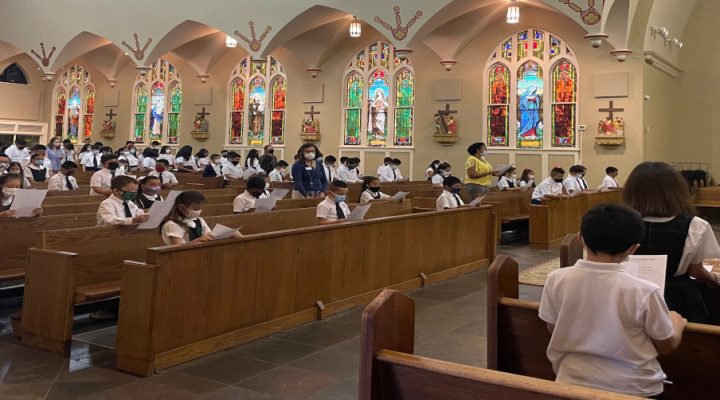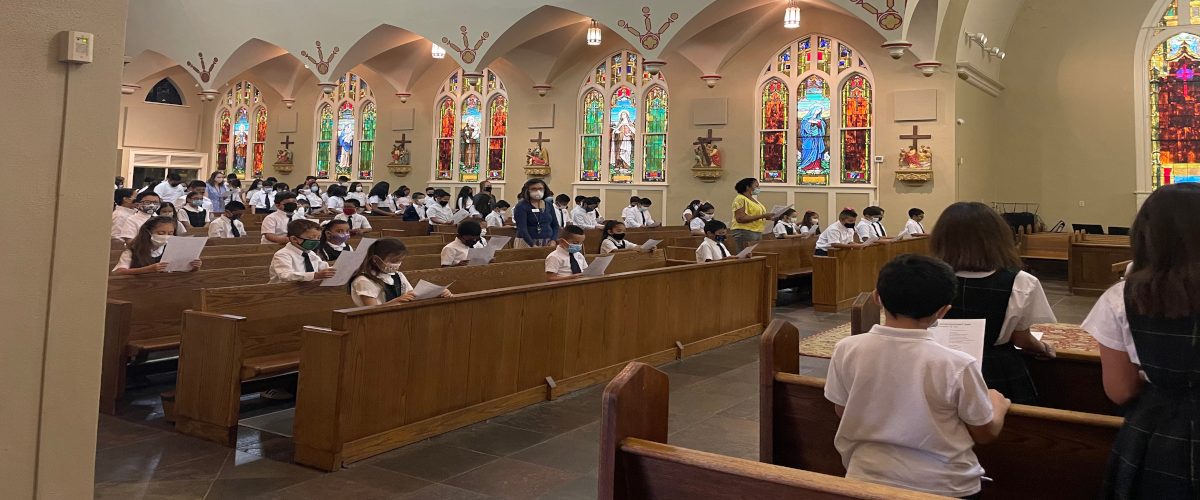A Catholic charter school funded by taxpayer dollars is likely coming to Oklahoma soon, based on a recent ruling of the state’s outing attorney general, with support from the re-elected governor and newly elected state superintendent of public education.
For decades, Baptists have fought against public funding of parochial schools of all kinds, but a recent series of rulings by the United States Supreme Court appears to have opened the door to that very reality. And Oklahoma’s strongly Republican leaders appear ready to walk through that door.
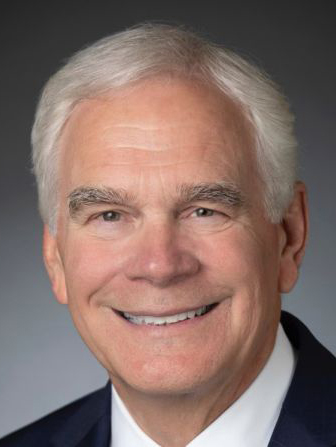
John O’Connor
On Dec. 1, Attorney General John O’Connor — who is Catholic — and Solicitor General Zach West wrote a non-binding legal opinion that says a current state law blocking religious institutions and private sectarian schools from state funding of public charter school programs is unconstitutional and should not be enforced.
Already, the Roman Catholic Archdiocese of Oklahoma City “states it is willing to adhere to every jot and tittle of state law and intends to apply for a charter,” reported Andrew Spiropoulos, the Robert S. Kerr Professor of Constitutional Law at Oklahoma City University and the Milton Friedman Distinguished Fellow at the Oklahoma Council of Public Affairs.
That means for the first time, government funding for public schools could also flow to Catholic schools and other faith-based schools.
And that’s not good news to Charles Foster Johnson, who helped found the group Pastors for Oklahoma Kids.
“It’s perfectly fine for those Oklahoma charter schools to become religious schools if they no longer receive public tax dollars from the people of Oklahoma,” he said. “But the last thing the devout religious folks of Oklahoma need is for their state to entangle itself in the establishment of religion through the funding of religious schools masquerading as public charter schools. All true religion, whether in congregation or class room, is voluntary and free. It must remain unencumbered by state intrusion.”
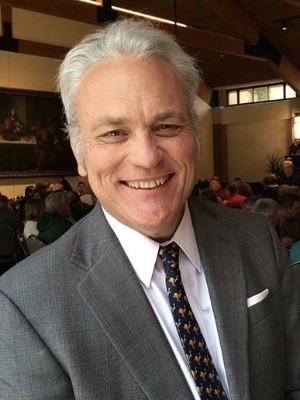
Charles Foster Johnson
Pastors for Texas Kids has noted that Oklahoma ranks 48th in the nation for per-student spending on public education. The state’s public schools serve 703,650 students, accounting for 93% of the school-age population.
The 15-page opinion from O’Connor and West responds to a request for clarification from Rebecca Wilkinson, executive director of the Statewide Virtual Charter School Board. She had asked for a ruling on whether her agency should continue to enforce the portion of state law that says an Oklahoma charter school must not be “affiliated with a nonpublic sectarian school or religious institution,” and must “be nonsectarian in its programs, admission policies, employment practices, and all other operations.”
The question was precipitated by U.S. Supreme Court’s rulings in Trinity Lutheran Church of Columbia v. Comer (2017), Espinoza v. Montana Department of Revenue (2020), and Carson v. Makin (2022). In all three cases, a conservative majority on the high court opened the door to public funding of sectarian education in specific circumstances.
What Oklahoma now proposes to do is to move beyond those specific circumstances to allow all eligible sectarian schools to receive public funding.
“The policy implications are huge because this is the first state that is going to allow religious charter schools,” Nicole Stelle Garnett, a University of Notre Dame law professor and influential religious charter school supporter told Politico. “The legal implications are huge because this is the first state that says that they have to.”
The Oklahoma officials wrote in their ruling: “We do not believe the U.S. Supreme Court would accept the argument that, because charter schools are considered public for various purposes, that a state should be allowed to discriminate against religiously affiliated private participants who wish to establish and operate charter schools in accordance with their faith alongside other private participants. Almost nothing in the text or trajectory of Trinity Lutheran, Espinoza, or Carson would lead one to that conclusion.”
Spiropoulos, writing for the Journal-Record online, agrees.
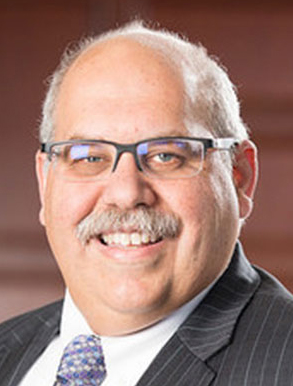
Andrew Spiropoulos
“Thanks to these cases, the attorney general stands on strong ground,” he wrote. “The Oklahoma Charter School Act articulates a clearly defined set of qualifications for proposed charter school operators. They must open their doors to all willing students and may not charge tuition or fees. They have the same obligation to educate students with disabilities as do traditional public schools. They must sign a contract promising both that they will maintain the same academic standards and expectations as public schools and they will manage their funding under the same statutory requirements that govern public schools. They, like public schools, must administer the required standardized tests and report the results. What makes a charter school special is that, unlike traditional public schools, they are free to design their own curriculum and classroom experience in order to meet the state’s academic standards.”
He believes the high court ruling means “if a religious institution can meet a state’s requirements for funding it may not be excluded from the program.”
And he sees “positive consequences” for such expansion of public funding: “We will witness the advent of a state-funded new schooling option, a faith-friendly school that, like all public schools, is free to all comers and free of charge. The state will have the responsibility of monitoring these institutions to determine if they are meeting their contractual promise to maintain the state’s academic and administrative standards. If they don’t, their charters can, and should be, revoked.”
The attorney general’s letter also was praised by Republican Gov. Kevin Stitt, who said the opinion “rightfully defends parents, education freedom and religious liberty in Oklahoma.” And newly elected State Superintendent of Education Ryan Walters called it “the right decision for Oklahomans.”
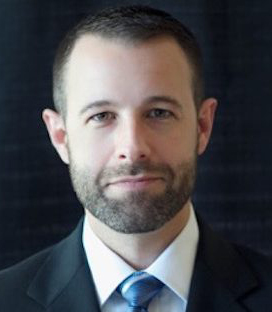
Brett Farley
Brett Farley, executive director of the Catholic Conference of Oklahoma, told Oklahoma City’s News9 the diocese hopes to open the nation’s first publicly funded Catholic charter school by fall 2024.
In his view, sectarian schools should not be excluded from public funding: “That pool of money is for all Oklahoma kids. It’s not just for public school kids.”
Currently, Catholic schools and other private religious K-12 schools nationwide require parents to pay tuition. The schools operate off tuition income and gifts from the church and other donors.
The implications of such a move are enormous not only for Oklahoma but for the nation, Derek Black, education and civil rights professor at the University of South Carolina School of Law, told Politico.
“It is a whole other ballgame for the state to instruct children on religious doctrine and teach it as truth,” he said. “That’s what we’re talking about here: State dollars in public schools, delivering instruction to children preaching religion as a way of life that must be adhered to. That’s staggering.”
If Oklahoma takes such a step, it inevitably will be challenged in court and likely will end up back at the U.S. Supreme Court. The attorney general’s bet is that the high court will allow it. And if that’s the case, what Oklahoma pioneers will be duplicated in other conservative-controlled states.
If there no longer is any federal prohibition against public funding of sectarian schools — despite the prohibitions of the First Amendment — then any state is free to change its laws to accommodate religious conservatives who want to use taxpayer dollars to educate children in religion.
As attorney general, O’Connor has been associated with other controversial statements and actions, including advocating for a “God-based nation” and for setting in motion a plan to execute 25 Death Row inmates in a period of 25 months.
Related articles:
Diane Ravitch wants you to think of public schools like police or fire departments
In reelection year, Texas governor proposes statewide voucher program for private schools
Supreme Court opens new chapter of state funding for religious schools
Federal judge flunks DeVos effort to divert relief funds to private schools
School voucher proponents are using the COVID-19 crisis to push for taxpayer money for religious education | Opinion by Jennifer Hawks

